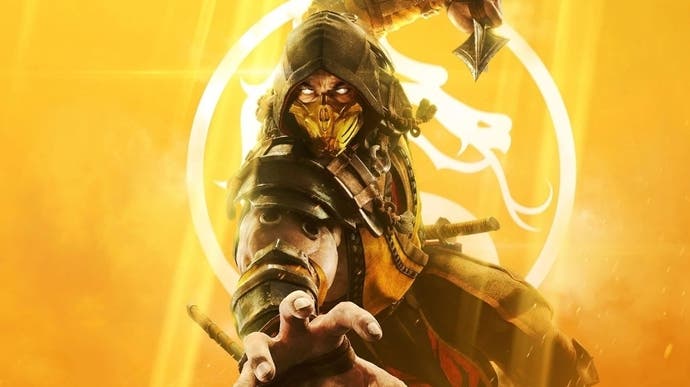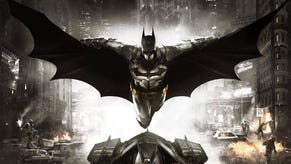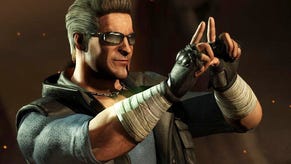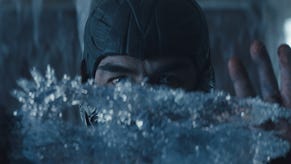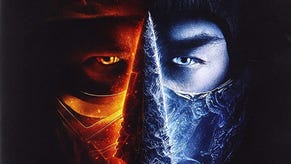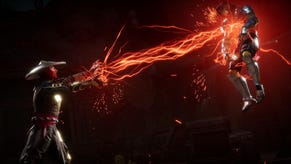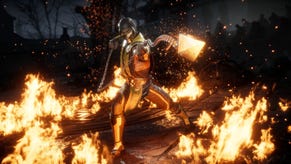Immortal kombat: does Mortal Kombat have the edge over Endgame?
Greatest hits.
Never mind Thanos - who would be foolish enough to take on Avengers: Endgame? The blockbuster has felt like global culture's ultimate end-of-level boss, dominating the online conversation while raking in over two billion dollars in less than two weeks. Yet one other franchise went toe-to-toe with Endgame last month, attempting to make an artistic and commercial dent in the same release window. Was that brave? Foolish? Or simply an act of hubris comparable to creating a cool playable ninja that is you and your buddy's surnames backwards?
It was, of course, Mortal Kombat 11 that was Endgame's challenger. But despite having a much longer, bloodier history and an inventive arsenal of Fatal Blows, the latest incarnation of the most notorious beat-em-up of the 1990s was never going to have anything like the same impact as Marvel's capes-and-japes capstone (although it does resurrect Noob Saibot, the scowling spectral shinobi named for original creators Ed Boon and John Tobias).
What feels a little strange, though, is how attuned these two presumably long-gestating works feel, to the extent that even vague discussion about the structure and plot of Endgame could be construed as spoilers for Mortal Kombat 11's high-kicking, realm-spanning, entrails-stretching story mode. So if you are unnerved by the idea of knowing too much about either, best skip the next par.
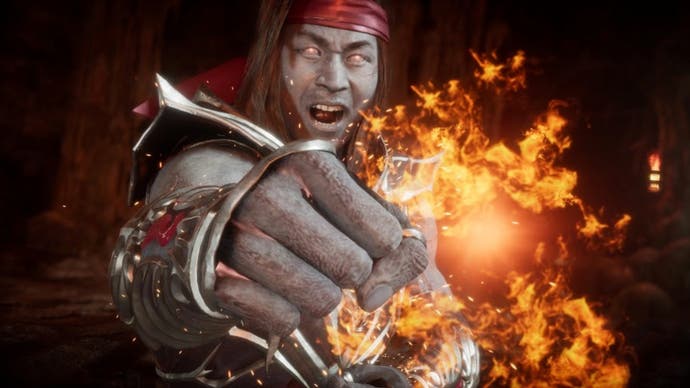
In both, someone wants to wipe the cosmic slate clean and start again. Key players turn to dust. Those that remain break off into teams and go on missions (perhaps a storytelling necessity when dealing with such sprawling casts). There is killer trash talk, heart-in-mouth sacrifice and a crucial decapitation. Plus: a lot of time travel stuff, and it's that particular strain of time travel stuff where characters interact with younger, brighter versions of themselves. (For Captain America, that becomes a tale of two costumes. For Mortal Kombat 11, it's a chance to consolidate its garish video-grabbed pyjama-party origins with the brooding tale of exquisitely textured armour and leatherwork it has become.)
Those similarities, especially described in vague terms, might sound broad enough to simply be coincidence. Besides, Mortal Kombat developers NetherRealm could be expected to be fluent in 21st-century superhero storytelling having overseen the Injustice series, a dark-timeline comic-book brawler that - over the course of two bone-crunching instalments of rogue Kryptonian carnage - has managed to be both grittier and goofier than DC's slapdash attempts to cook up a cinematic universe.
But there are enough nagging echoes between Mortal Kombat 11 and Endgame that it feels like there has been some sort of cosmic harmonisation. It just seems a shame that one variation of the story has just sailed past Titanic in the all-time box office list while the other - conceived and executed with similar levels of craft and consideration for fan service, albeit it apparently at the cost of gruelling working conditions - will never reach a comparable mass audience.
So Endgame emphatically wins, right? Except Mortal Kombat still has an edge. If you survey the Endgame reviews you see critics tiptoeing through a spoiler minefield while generally agreeing that the core strength of Marvel's cinematic project is how it has afforded fans the chance to go on an unprecedented journey with Tony Stark and pals. What gives these CGI-enhanced extravaganzas their emotional wallop is the connection forged between characters and audience over an eventful decade of 22 movies.
I'd argue that Mortal Kombat and other similarly storied fighting games - your Tekkens, your Soulcaliburs, your Street Fighters - have that in buckets. Even better, with their core cast of hardy, mardy perennials - your Paul Phoenixs, your Raphaels, your Chun-Lis - players get to bring their own personal history of flawless victories, bitter grudge matches and quarter-turn muscle memory, honed over countless sibling smackdowns or uni halls all-nighters.
It's a different form of identification than simply following accepted lore. You'll never get a canonised character arc like Iron Man or Cap do on-screen. But it can be still be a potent, stomach-lurching experience. In Mortal Kombat 11, veteran scrapper Liu Kang is in the midst of a revenant heel turn, looking worryingly grey around the gills. But he can still do his oogly-woogly bicycle kick, and - snap! - suddenly two decades have fallen away and I'm in a cheerfully shabby Edinburgh student flat hunched in front of someone else's Mega Drive. That's real time travel.
